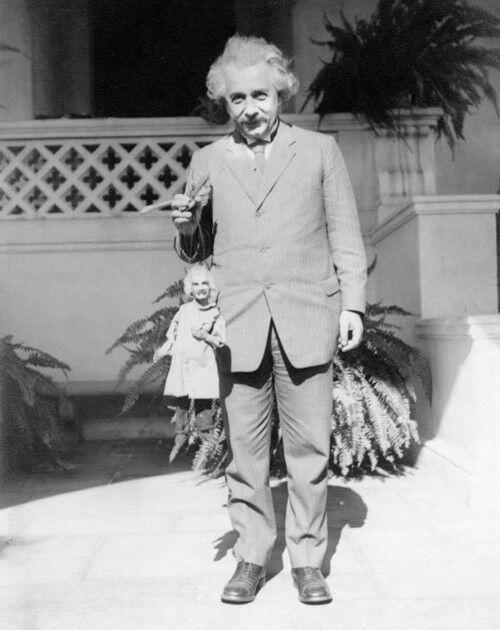God knows we could use a few more Einsteins in the world, but should we be proactive about it?
When Freeman Dyson prophesied the games could get messy and possibly in reference to genetic engineering, that life forms might be born in garage laboratories in addition to maternity wards, he was sometimes dismissed as a physicist crossing disciplines with a sci-fi vision. But he was bound, sooner or later, to be correct.
Whether now is that moment is not yet determined, but we should begin to ask ourselves the important ethical questions that attend such progress. In one country or another, these games will soon begin in earnest, which will likely trigger a new space race with everyone shooting for the moon.
From Andrew Pollack of the New York Times:
Scientists are now contemplating the fabrication of a human genome, meaning they would use chemicals to manufacture all the DNA contained in human chromosomes.
The prospect is spurring both intrigue and concern in the life sciences community because it might be possible, such as through cloning, to use a synthetic genome to create human beings without biological parents.
While the project is still in the idea phase, and also involves efforts to improve DNA synthesis in general, it was discussed at a closed-door meeting on Tuesday at Harvard Medical School in Boston. The nearly 150 attendees were told not to contact the news media or to post on Twitter during the meeting.
Organizers said the project could have a big scientific payoff and would be a follow-up to the original Human Genome Project, which was aimed at reading the sequence of the three billion chemical letters in the DNA blueprint of human life. The new project, by contrast, would involve not reading, but rather writing the human genome — synthesizing all three billion units from chemicals.
But such an attempt would raise numerous ethical issues. Could scientists create humans with certain kinds of traits, perhaps people born and bred to be soldiers? Or might it be possible to make copies of specific people?
“Would it be O.K., for example, to sequence and then synthesize Einstein’s genome?” Drew Endy, a bioengineer at Stanford, and Laurie Zoloth, a bioethicist at Northwestern University, wrote in an essay criticizing the proposed project. “If so how many Einstein genomes should be made and installed in cells, and who would get to make them?”•


